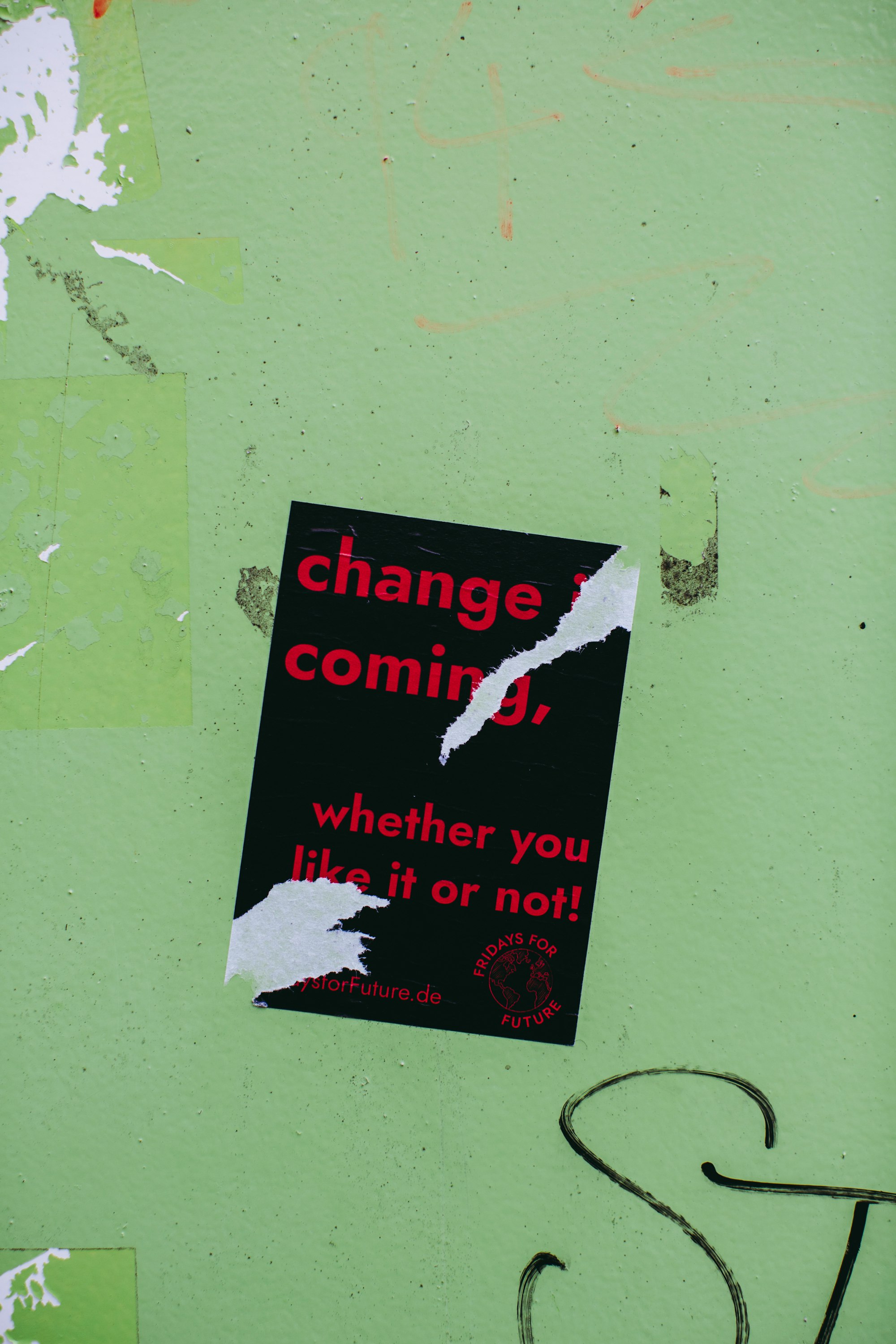5 Ways Stoicism Makes Me a Better Product Manager
As a product manager stoicism helps clarify my product's values and principles, develop resilience, embrace change, practice gratitude and maintain perspective.
Stoicism is a philosophical school of thought that originated in ancient Greece.
It emphasizes the development of self-control and resilience in the face of adversity.
Here are 5 ways it's helps me be a better product manager:
- Stoicism helps clarify my product's values and principles
- Stoicism helps me develop resilience
- Stoicism helps me embrace change and adapt
- Stoicism helps me practice gratitude
- Stoicism helps me maintain perspective
Stoicism helps clarify my product's values and principles

Stoicism encourages me to reflect on my values and align principles to those values. This helps identify what is truly important.
Your product is a reflection of your team's values and principles.
When working on an internal tool I had a client who valued features over beauty.
When I presented the trade off between getting one more feature done or making the application visually pleasing, they would always choose the extra feature.
My client valued speed. And one of their principles was, how can we make the user do more in less time.
While it frustrated the team overall, because no one likes to work on an ugly product, it clarified the decision making process.
Stoicism helps me develop resilience

You're going to fail.
It's what you do after that determines your success.
When Aisle411 started in 2008 the initial plan was to partner directly with retailers. The retailer would give us their data and we'd embed it into our application.
This model was initially successful. We had a handful of stores and we were getting local traction.
With this momentum we got meetings at one of the big home improvement stores. After a lot of back and forth over many months, they eventually said no.
We were stunned. Our momentum was dead.
The next day I walked into our local grocer and found a paper store map.
I approached the CEO and said, "what if we just do it ourselves?"
Let's scrape the physical stores like google scrapes e-commerce stores.
It won't be perfect, but it'll be better than what exists today, which is nothing.
He agreed. So we set a new plan in motion.
We'd find store maps all around the country, digitize them, and make some guesses on products they sell.
Our goal was to get to 1000 stores in 90 days.
Everyone was jazzed.
We had a renewed purpose and a singular goal everyone could rally around.
We turned our defeat into a new opportunity.
Stoicism helps me embrace change and adapt

Before COVID, when my team was physically together we would find ways to make our sprint workshops enjoyable. Whether through donuts or team walks to our local coffee shop, we would use our environment to aid our decision making process.
When the pandemic hit and everyone went remote, conducting a workshop in zoom was painful.
I wrote about the experience in-depth here, but the key thing was stoicism helped me embrace the new working environment and adapt.
Stoicism helps me practice gratitude

I believe one of the most powerful emotional tools is practicing gratitude. When I face conflict I utilize the 3P method.
A big part of that is just focusing on gratitude.
When it comes to team environments sometimes I just acknowledge that I'm grateful for my team, including my cross-functional teams, and even though we have disagreements we're all driving towards achieving the same goals.
With this reference shift, I speak to our alignment and that the differences are only in the details; not the larger goals.
Stoicism helps me maintain perspective

Personally, it's easy for me to connect my self worth to my job. Stoicism helps me separate the two.
Connecting your self worth to your job is actually a terrible trait in the United States. In the U.S. many people ask "what do you do?" and through that question they infer a lot about you.
Once you say I'm a software engineer, they just think nerd.
But I'm a husband, dad, son, brother, friend, and writer. I just also build software.
Tomorrow, I'll still be a husband, dad, son, brother, friend, and writer but I may decide to do something else.
My identity won't change, just my job.
If you found this post helpful to your software journey, please subscribe to my newsletter where I talk about my experiences building software for myself, others, and helping aspiring product managers do the same.
